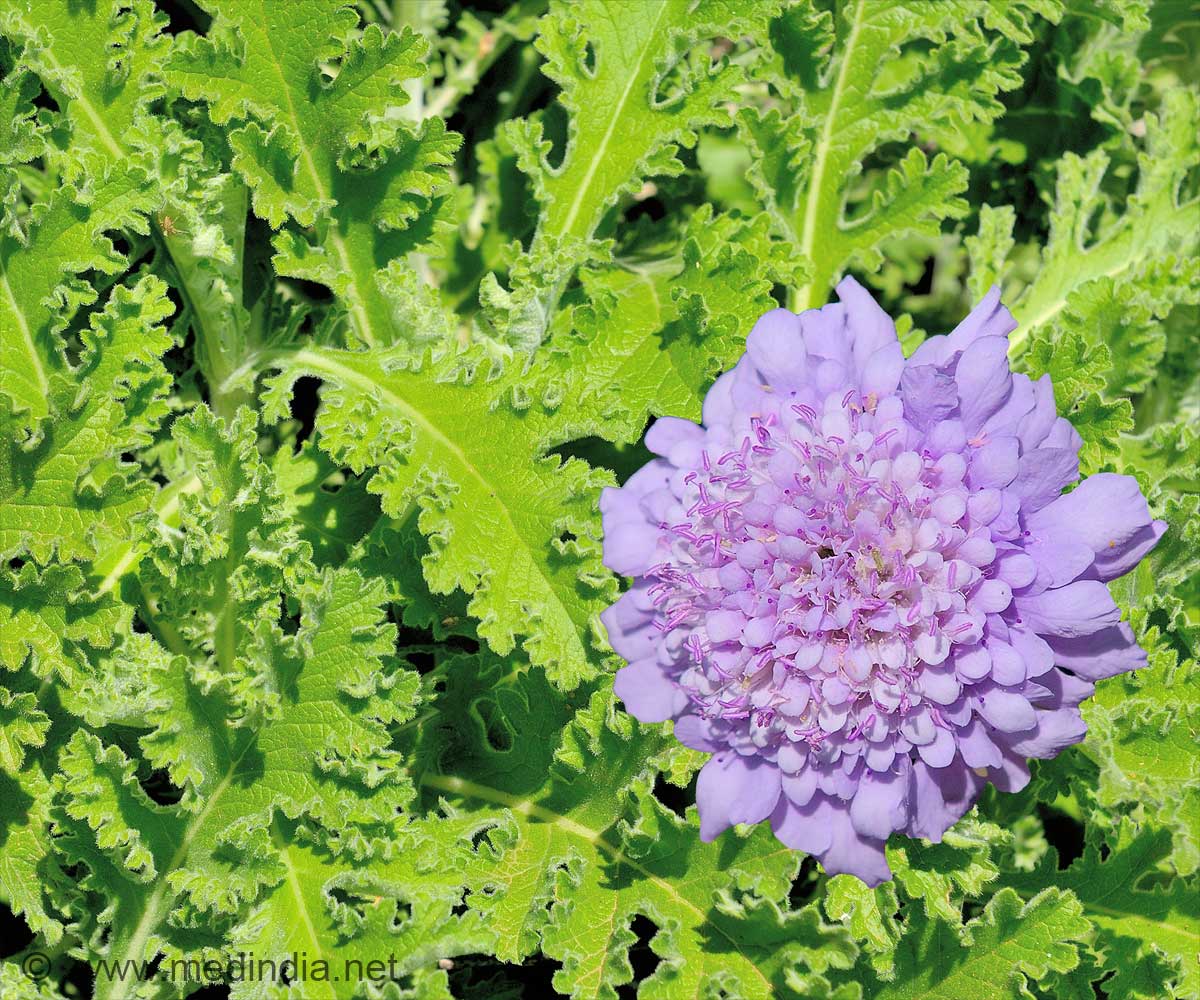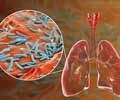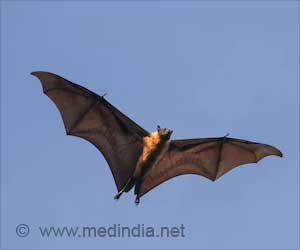Can a medicinal plant help fight tuberculosis? African wormwood’s chemical compounds may offer a new way to combat TB, according to exciting new research.

- African wormwood contains a chemical that may kill tuberculosis bacteria, including its difficult-to-treat dormant state
- Machine learning helped researchers identify the key compounds in the plant that fight tuberculosis
- While not yet a standalone cure, African wormwood could inspire more potent tuberculosis drugs
An O-methylflavone from Artemisia afra kills non-replicating hypoxic Mycobacterium tuberculosis
Go to source). The team, co-led by Penn State researchers, discovered that the chemical component, an O-methylflavone, may kill the tuberculosis-causing mycobacteria in both its active and slower, hypoxic states, which the mycobacteria enter when stressed.
African wormwood, used for centuries to treat coughs and fevers, may contain chemical compounds that can kill tuberculosis bacteria- even in its hardest-to-treat forms! #tuberculosis #naturalmedicine #tbresearch #medindia’
What Makes Tuberculosis Difficult to Treat?
According to co-corresponding author Joshua Kellogg, assistant professor of veterinary and biomedical sciences in the College of Agricultural Sciences, bacteria in this stage are far more difficult to eradicate, making illnesses more difficult to treat.While the findings are preliminary, Kellogg described the effort as a promising first step toward developing novel tuberculosis medicines.
"Now that we've isolated this compound, we can move forward with examining and experimenting with its structure to see if we can improve its activity and make it even more effective against tuberculosis," he told me. "We're also still studying the plant itself to see if we can identify additional molecules that might be able to kill this mycobacterium."
Global Prevalence of Tuberculosis
Tuberculosis, caused by the bacteria Mycobacterium tuberculosis, or Mtb, is one of the major causes of death among infectious diseases, according to the Centers for Disease Control and Prevention. Globally, there are around 10 million cases every year, with 1.5 million of them fatal.While effective medicines for tuberculosis exist, the researchers noted that the condition is difficult to treat due to a variety of causes. A usual course of antibiotics lasts six months, but if a patient gets a drug-resistant form of the bacterium, therapy can last up to two years, making it costly and time-consuming.
In addition, the bacteria can take two forms in the body, one of which is much more difficult to kill.
Two Forms of Tuberculosis Bacteria
"There's a 'normal' microbial bacterial form, in which it's replicating and growing, but when it gets stressed- when drugs or the immune system is attacking it- it goes into a pseudo-hibernation state, where it shuts down a lot of its cellular processes until it perceives that the threat has passed," according to Kellogg. "This makes it really hard to kill those hibernating cells, so we were really keen to look at potential new chemicals or molecules that are capable of attacking this hibernation state."Can Artemisia Help Treat Tuberculosis?
According to the researchers, multiple varieties of the Artemisia plant have been used in traditional medicine for millennia, including African wormwood, which is used to cure coughs and fevers. Recent research in Africa reveal that the herb offers clinical benefits."When we look at the raw plant extract that has hundreds of molecules in it, it's pretty good at killing TB," Kellogg informed me. "Our question was: There seems to be something in the plant that's really effective- what is it?"
Machine Learning Model to Study African Wormwood Plant's Anti-Tuberculosis Effect
For their investigation, the researchers obtained a raw extract of the African wormwood plant and divided it into "fractions"- copies of the extract with simplified chemical profiles. They next tested each fraction against Mtb, determining whether it was useful or useless against the bacteria. At the same time, they compiled a chemical profile for each of the examined fractions."We also used machine learning to model how the changes in chemistry correlated with the changes in activity that we saw," Mr. Kellogg added. "This allowed us to narrow our focus to two fractions that were really active."
The researchers developed and tested a chemical that efficiently killed the bacteria in both active and dormant stages, which they described as remarkable and unusual in TB treatments. Further studies in a human cell model revealed negligible toxicity.
According to Kellogg, the discoveries could pave the way for the development of new, more effective treatments.
"While the potency of this compound is too low to use directly as an anti-Mtb treatment, it may still be able to serve as the foundation for designing more potent drugs," the researcher stated. "Furthermore, there appear to be other, similar chemicals in African wormwood that may also have the same type of properties."
The researchers stated that further research is needed in the future to fully investigate the potential of African wormwood for treating tuberculosis.
Reference:
- An O-methylflavone from Artemisia afra kills non-replicating hypoxic Mycobacterium tuberculosis - (https://www.sciencedirect.com/science/article/pii/S0378874124007992)
Source-Medindia









